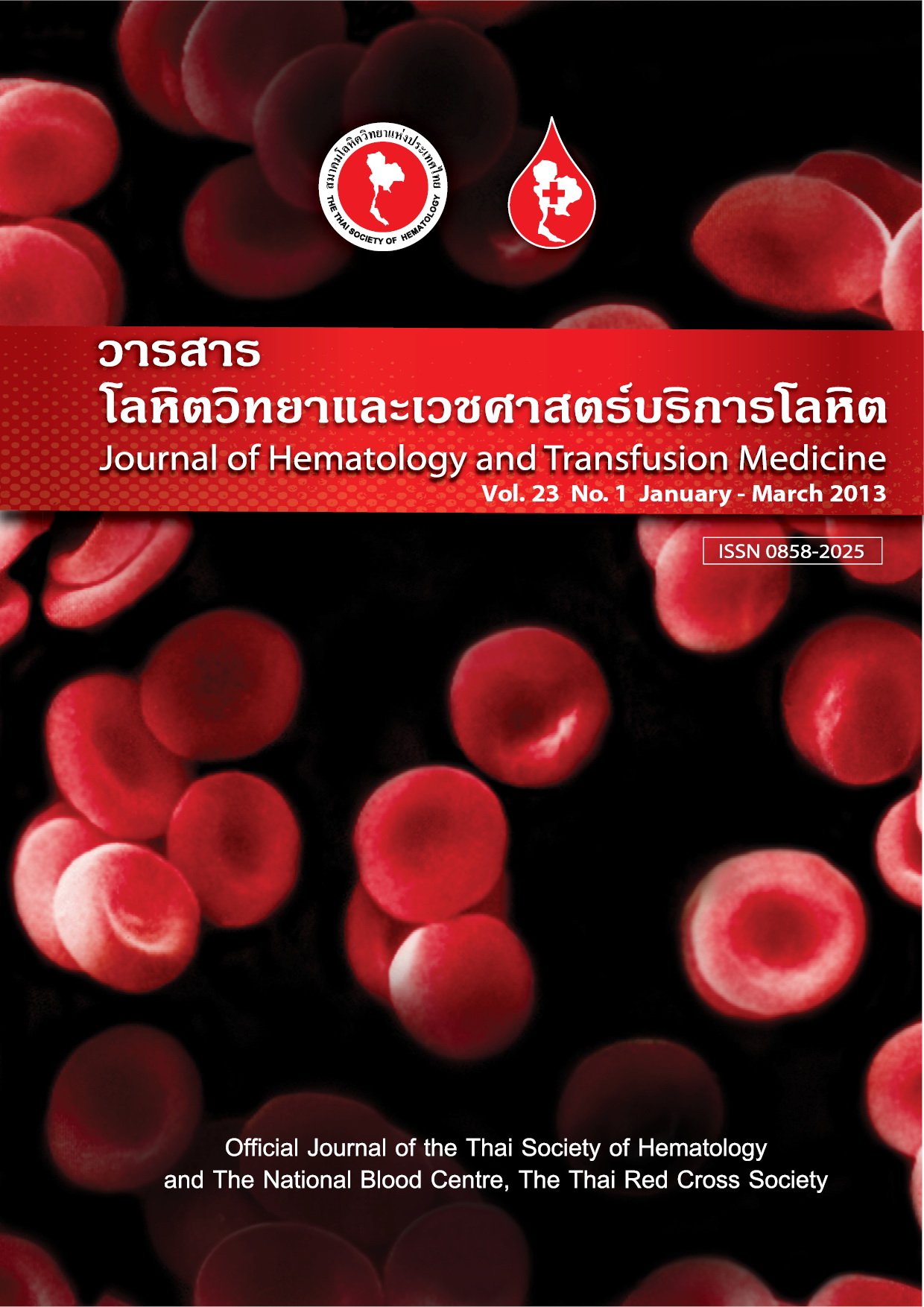Immunogenicity and Safety to Influenza A [H1N1] Vaccine in Hematologic Disease Patients on Immunosuppressive Therapy
Keywords:
Immunogenicity, Safety, Influenza A [H1N1] vaccine, Hematologic disease, Immunosuppressive therapyAbstract
Abstract: Recent studies have demonstrated low immunogenic response to influenza vaccine among hematologic malignancy patients who are treated with chemotherapy or are undergoing stem cell transplantation. There is limited data on response to the new Influenza A H1N1 vaccine on hematologic malignancy patients and no data on benign hematologic patients who received immunosuppressive therapy. This study aims to determine the efficacy and safety of Influenza A H1N1 vaccine on benign hematologic patients who on immunosuppressive therapy and hematologic malignancy patients who received chemotherapy. Materials and Methods: The study population comprised 15 hematologic patients and 60 healthy control subjects who underwent split-virion, inactivated monovalent Influenza A [H1N1] vaccination. Sera were obtained before, four weeks after, and twenty-four weeks after vaccination. Haemagglutination inhibition assays were used to evaluate the antibody responses. Results: The mean age of the enrolled population was 46.2 years for hematologic disease patients and 42.5 years for control subjects [p = 0.29].The seroprotection rate at four weeks was 46.7% in hematologic disease patients and 66.7% in healthy control subjects [p = 0.152]; by twenty-four weeks, the seroprotection rate was 18.2% in hematologic disease patients and 42.4% in healthy control subjects [p = 0.13]. The seroconversion rate was 46.7% in hematologic disease patients and 61.7% in healthy controls at four weeks [p = 0.29]; by twenty-four weeks, the seroconversion rate was 18.2% in hematologic disease patients and 30.5% in healthy controls [p = 0.40]. Conclusions: The influenza A [H1N1] vaccine in hematologic disease patients is safe and effective.



